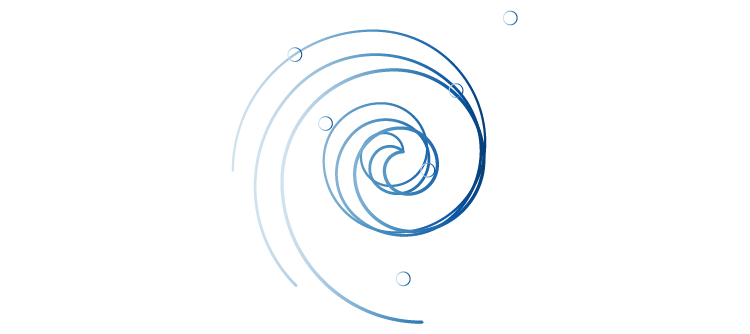“All men by nature desire knowledge.” Aristotle
To crave understanding is human, from the baby exploring the limits of their body and the environment they dwell in to the teenager trying to figure out how the other sex thinks to the scientist analyzing data, we all seek insight and understanding.
In the deepest reaches of our history we sought the signs of the predators that would devour us, and extrapolated how to predict and counter these attacks. We later observed the seasons and growth cycles of edible plants and learned about seeds and developed agriculture. Learning is fundamental to the human species.
All warm blooded animals have the capacity to learn in some manner, be it the basic communication of birds to Pavlovian training of small mammals or the rudimentary tools of apes. But humans capture this knowledge and pass it down, building off the previous discoveries and innovating down through the genertions. Our development of mirror neurons allowed us to mimic the skills of others and our social units have allowed us to compound our intellectual capabilities. We are not easily satiated as a species in our thirst for knowledge.
It is when we stop being hungry that we stop growing, that we become less than human.
Almost half of the Americans out of school read less than two books a year.
The average American over 30ish (Millennials, Xers, and Boomers) average close to three hours of video consumption a day. Only a small fraction of this is learning oriented.
We have reached the stage where comfort is cheap, and the challenge is not to survive but to thrive. Pushing ourselves is no longer the norm as it has been since the dawn of our species.
Yet continuing on the journey of learning is worth it:
- Tech and IT professionals with a a certification earn about 15% more than those without credentialing. In finance it is even higher. 73% of people earning a credential in their space saw an increase in salary/revenue.
- 72% of hiring managers are more likely to hire an individual with a certification.
- The knowledge in the world has doubled in the past decade (American Society of Training and Documentation).
- Generalized Intelligence (g Factor) is one of the greatest predictors of economic success, and can be improved through reading and other learning experiences.
- More diverse and deep knowledge sets can prevent boring conversations.
The benefits of continuing to learn throughout your lifetime even extend to the last days, with those that have been lifetime learners showing less cognitive decline in old age and a longer lifespan on average.
Learn to relove learning if you want to improve every meaningful metric in your career and life. The unending quest for knowledge is what makes us human.
